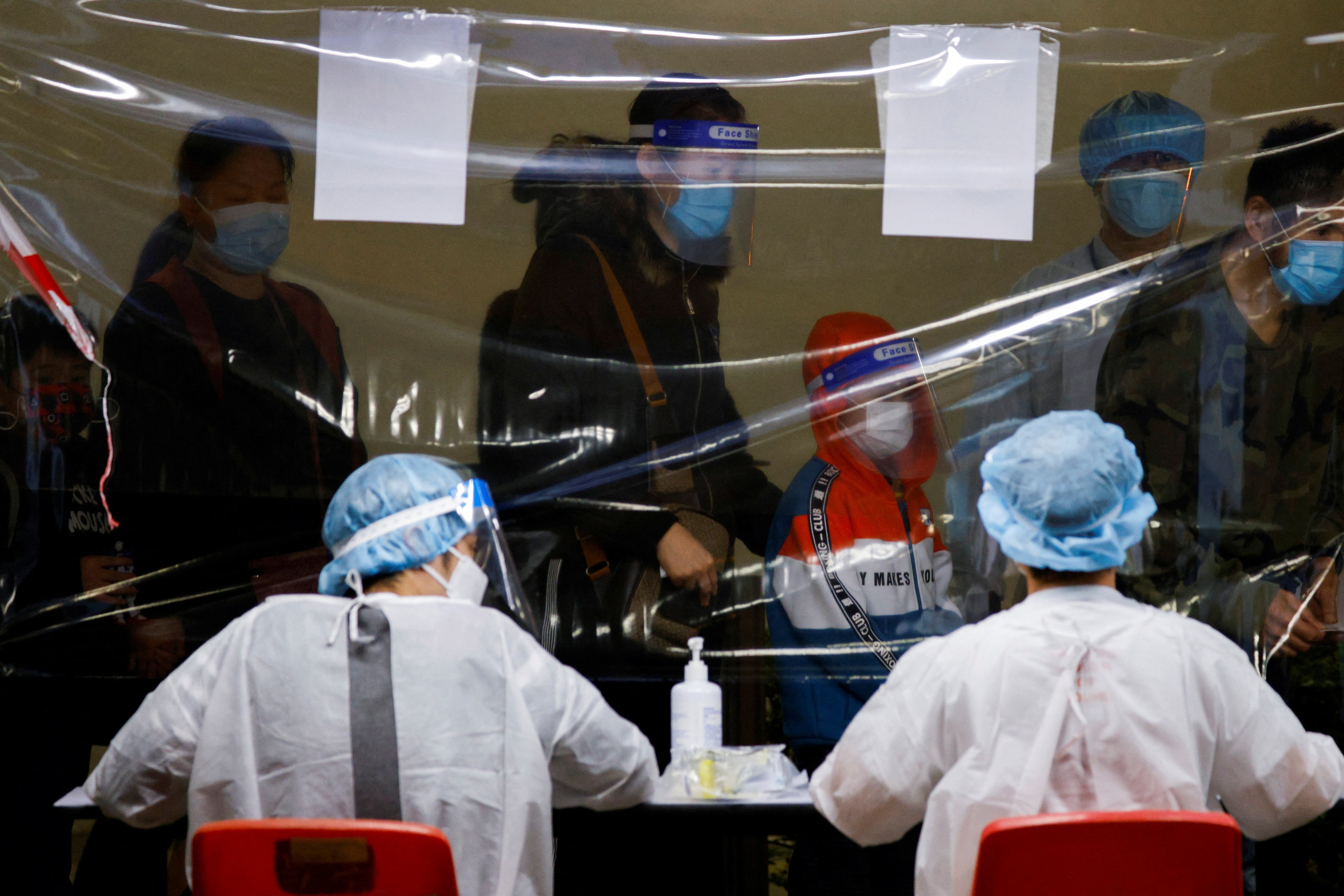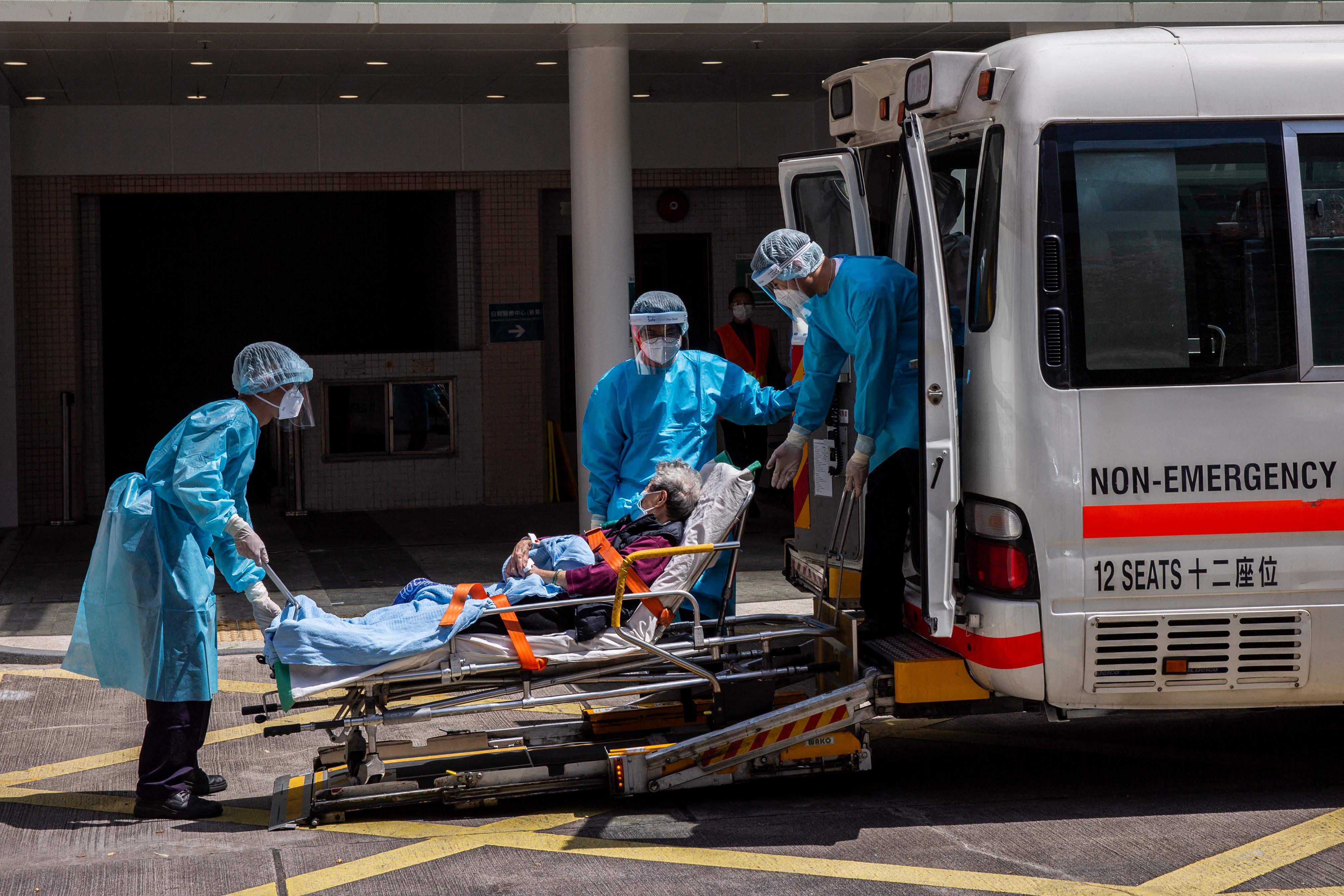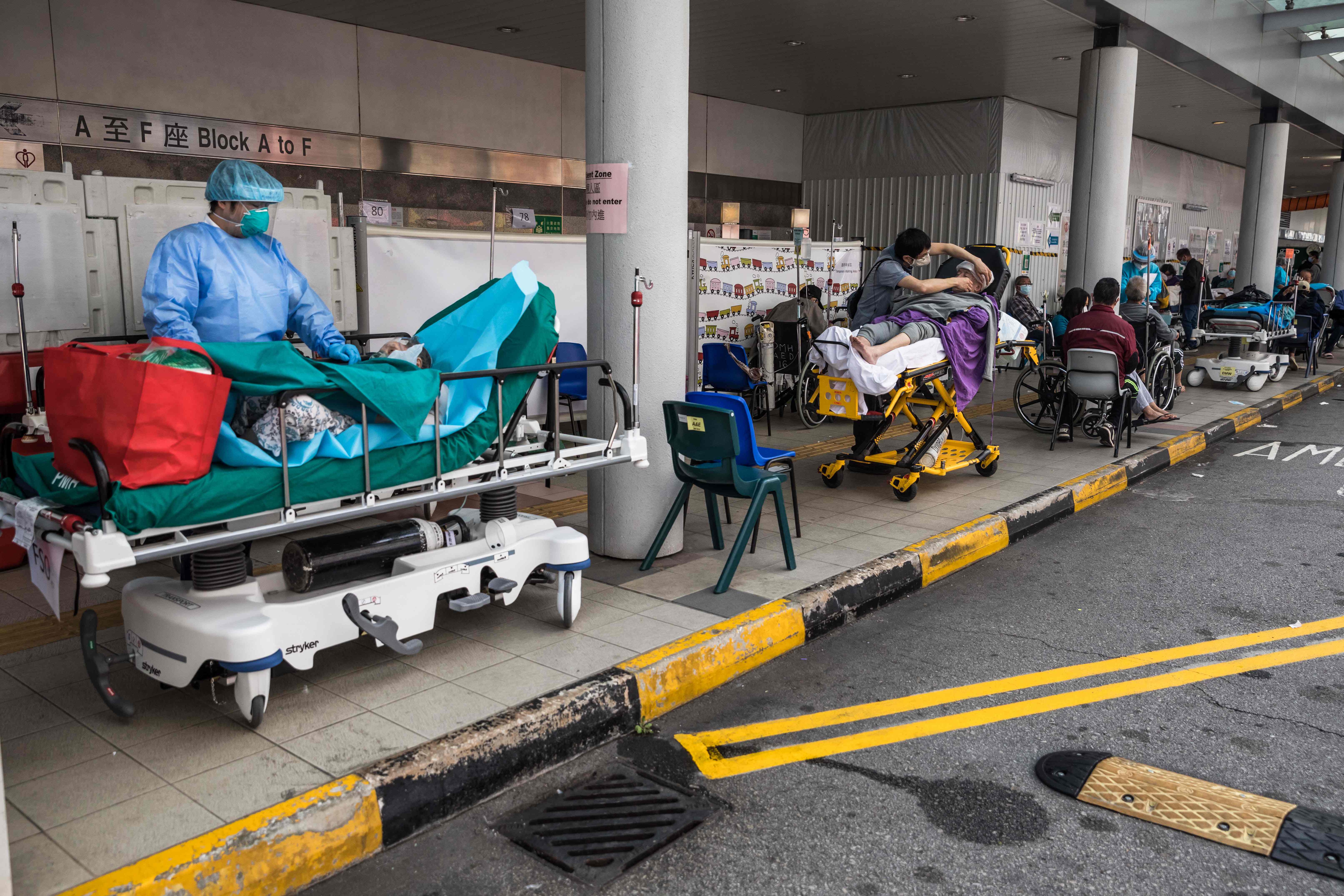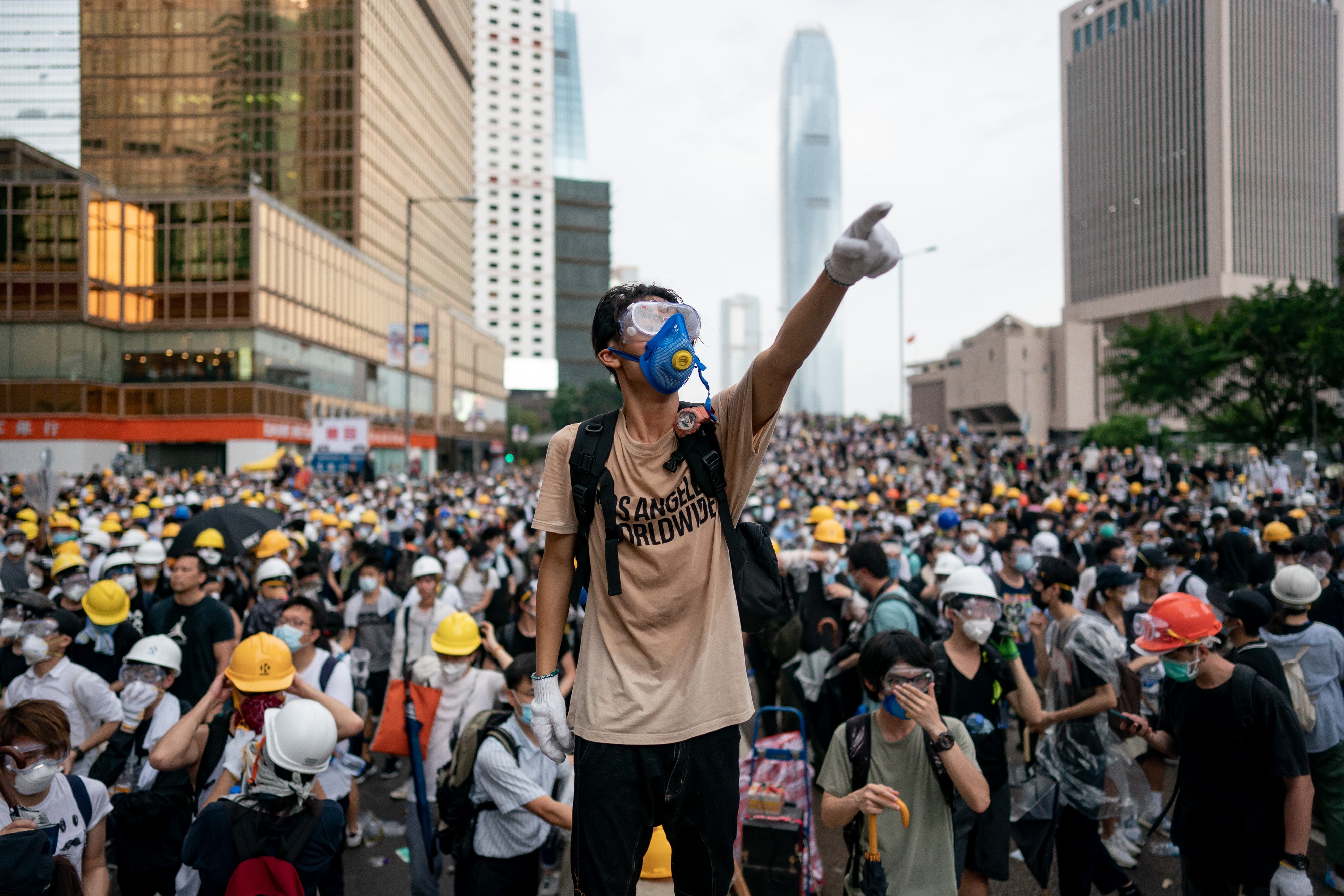How Hong Kong’s vaccine ‘mistakes’ led to the world’s highest Covid death rate
Experts are asking how Hong Kong went from few to no Covid cases to the world’s biggest death toll

Hong Kong is beginning to ease Covid rules and open its borders again after a rapid surge in Omicron cases.
But as the restrictions start to lift, experts are considering how it went from being applauded for its management of Covid to being one of the worst-affected regions in the world.
Hong Kong – which has a population of 7.4 million people – was hit by a wave of Omicron cases in February that caused a million infections and over 9,000 deaths, and led to a national lockdown being imposed while much of the rest of the world was returning to a new normal.
Experts suggest that low vaccination rates, combined with distrust in the government and media, may have contributed to the east Asian nation’s high case numbers and death toll.
At the beginning of the pandemic in 2020, Hong Kong was one of the few places that maintained relatively low infection and death rates while the rest of the world was facing soaring numbers of cases and deaths.
Its strict quarantine measures, decisive border control, and experience with an outbreak of SARS in 2003 were suggested as reasons why Hong Kong was arguably more prepared for the pandemic than other countries.

But the city’s reported death toll of 212 in February 2022 had rocketed to 9,347 by 10 May – the highest per capita in the world.
Its health services were severely overwhelmed, with reports of patients being treated in car parks, bodies left in hospital corridors, and overflowing morgues.
Now that Hong Kong is slowly easing its restrictions and borders as cases and deaths fall, experts are analysing what went wrong.

Despite having access to enough vaccines, Hong Kong had a low vaccination uptake – particularly among those aged 80 or above.
The politicisation of its two vaccines – the US-German manufactured Pfizer jab and China’s Sinovac – is thought to have contributed to the low uptake, with government data showing Sinovac to be the preferred choice among those aged 70 and over despite several reports suggesting it was less effective, particularly against Omicron.
Karen Grepin, an associate professor at the University of Hong Kong’s School of Public Health, told journalist Rhoda Kwan: “The way in which vaccines were made available to people was very politicised. This created a bit of confusion amongst many about ‘Who do you trust?’ – about issues related to safety and effectiveness.”
Distrust in the authorities and state media, following months of pro-democracy protests, arrests and political unrest, has also been blamed for the low vaccine uptake, along with concerns about possible side effects.

Alleged media sensationalism of deaths following vaccination, coupled with confusion about its effect on those with pre-existing and chronic illnesses, “created a lot of concern about the safety and effectiveness of the vaccine, really early on”, Ms Grepin added.
The government’s “no-Covid” policy – a strategy it was hoping would prevent the spread of the virus altogether – also meant that Hong Kong residents were sometimes less willing to get vaccinated.
“If there’s no Covid, any risk of vaccination would seem unreasonable,” Ms Grepin continued, “but of course, you had to suspend belief to believe we would never have Covid.
“I think people really do fear the immediate risk of being vaccinated more than the potential risk of catching Covid and potentially getting ill.”






Join our commenting forum
Join thought-provoking conversations, follow other Independent readers and see their replies
Comments